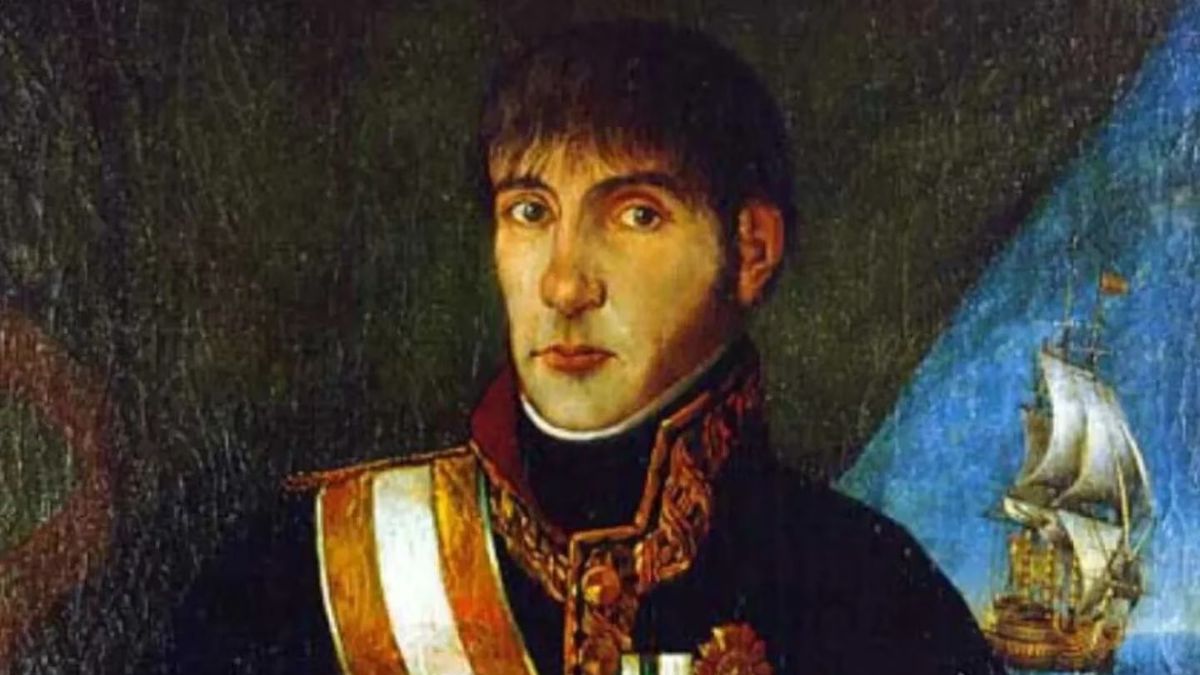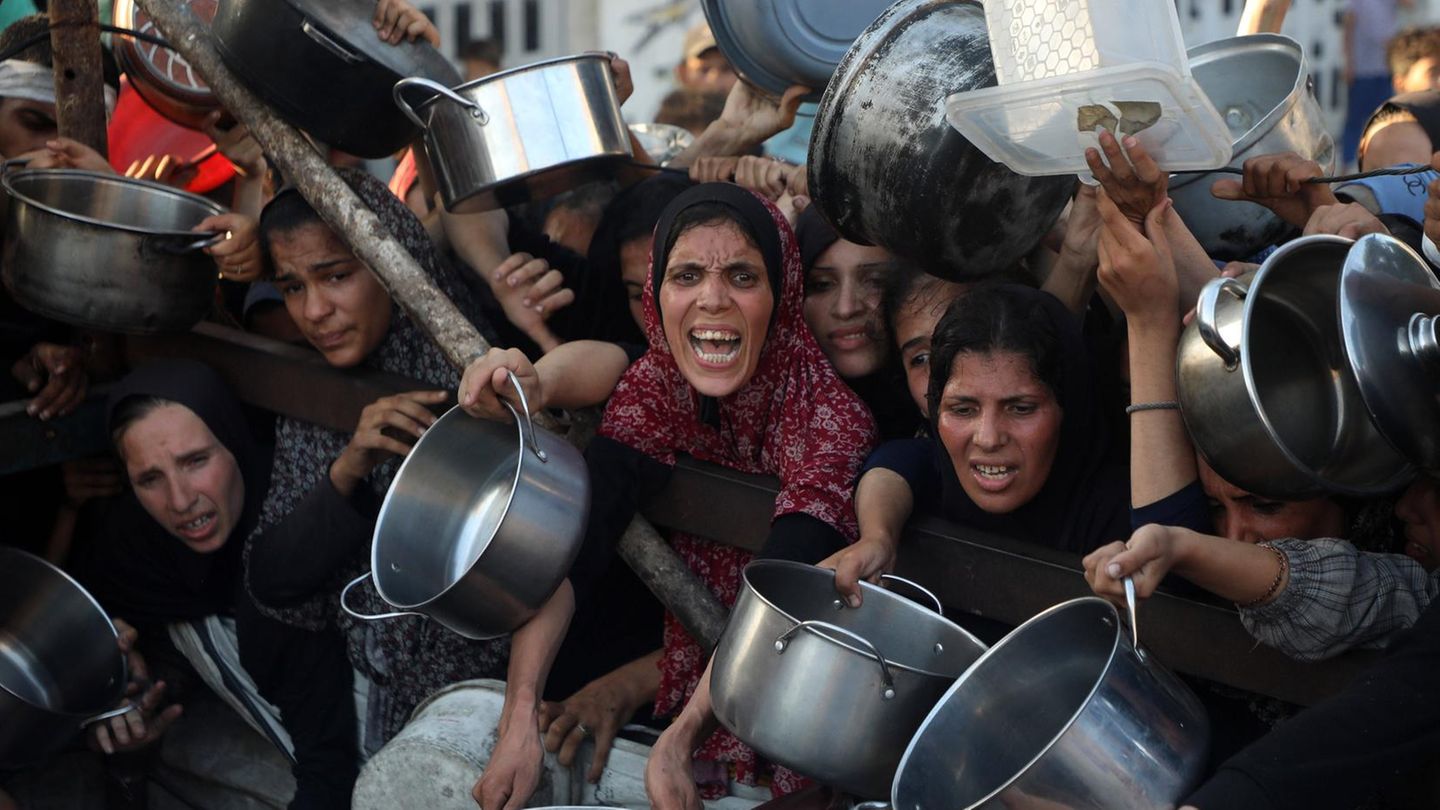I want to make a preliminary clarification.
I usually refer to men from our history who contributed to forming the Homeland.
But today I want to allude to a human being, who, being Spanish and practically the last Viceroy, was considered the villain of History, in the events of May 1810.
I refer to Baltasar Hidalgo de Cisneros.
It is often said that he was the last Viceroy, prior to the May Revolution. But it’s not like that.
Cisneros held the position for only 10 months.
The last Viceroy was called Francisco Javier De Elío, who did not reach Buenos Aires and briefly held office without leaving Montevideo.
Cisneros was born in Cartagena, a Spanish city in the Province of Murcia.
He made a Naval career, coming to fight in the battle of Trafalgar against the English fleet of Admiral Nelson.
In February 1809 he received his appointment as Viceroy of the Río de la Plata.
But it had been months since Napoleon, under the French flag, had invaded and taken a good part of Spanish territory.
In August 1809, he assumed his functions in Buenos Aires.
He knew of their weakness and lack of support from the army, compared to the proud Creole military groups, which had recently defeated the English invaders.
I would not want this article to appear as a defense of Cisneros, who represented a foreign power against the dignity and courage of the Creoles who fought for the noblest of ideals: a homeland of their own.
I would only like to locate it in its true dimension.
He, in his own way, was also a patriot, perhaps with fewer ideals, but with enough morality to fulfill his duty.
And his duty was to subordinate himself to the King of Spain.
But King Ferdinand VII no longer reigned. It was Napoleon who ruled the destinies of almost all of Spain.
For this reason, Cisneros had no political support. But he was a capable administrator and took some positive steps.
For example, it established compulsory primary education.
He also established free trade, against the opinion of many Spanish aristocrats – his own compatriots – who were in favor of Spain’s monopoly, which favored their personal interests.
In addition, it allowed – being able to avoid it – that the news about Napoleon’s control in Spain, reached public knowledge.
He called the Open Town Hall on May 22, for which there were three thousand registered residents.
To register, you had to be white, an old Christian, with a house and income. Only 251 residents attended.
In that town hall, a board was appointed with Cisneros as President.
The criollo leaders, with the support of their military force in which Saavedra commanded the largest number of troops, refused to appoint Cisneros.
Two days later, he submitted his resignation.
With peace of mind he stayed to live in Buenos Aires as a simple neighbor. A month later, the Junta de Mayo, already constituted, sent him back to Europe.
Of course, his figure cannot inspire us special sympathy, but perhaps he avoided, with his prudence and vision, some tragic bloodshed.
And I end with an af. that perhaps harmonizes with the reality of that special historical moment.
“We are so intent on being understood by others that we can forget to understand others.”
Source: Ambito
David William is a talented author who has made a name for himself in the world of writing. He is a professional author who writes on a wide range of topics, from general interest to opinion news. David is currently working as a writer at 24 hours worlds where he brings his unique perspective and in-depth research to his articles, making them both informative and engaging.




